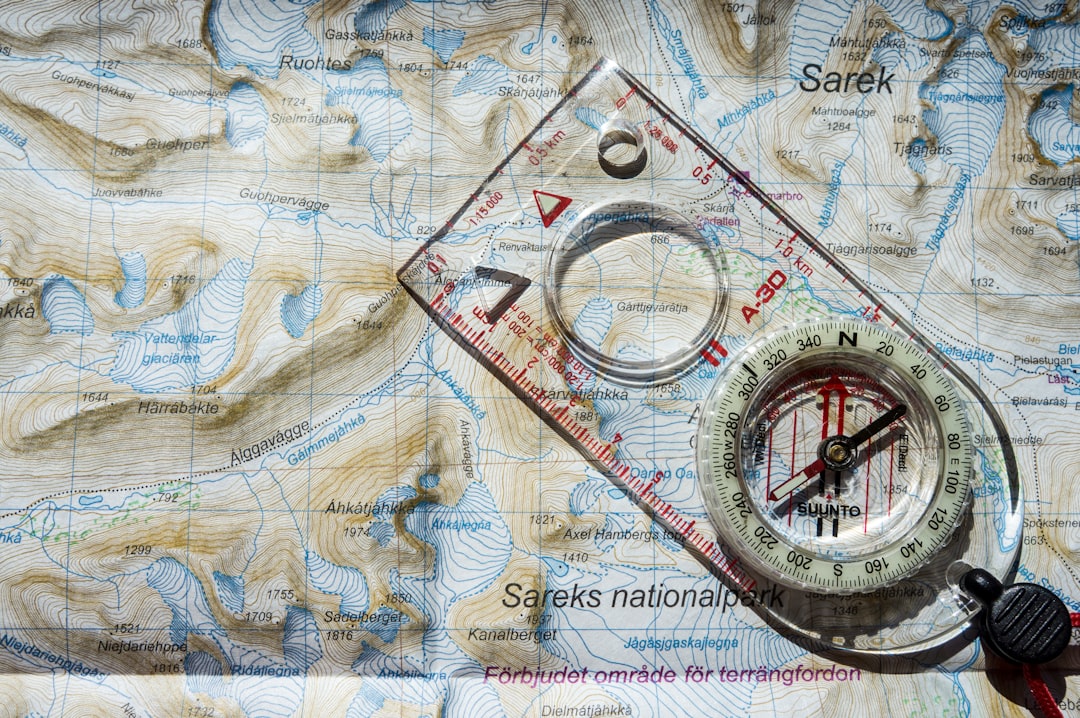What is it about?
This paper revisits China's recent experiences of hosting three international mega-events: the 2008 Beijing Olympic Games, the 2010 Shanghai World Expo and the 2010 Guangzhou Asian Games. While maintaining a critical political economic perspective, this paper builds upon the literature of viewing mega-events as societal spectacles and puts forward the proposition that these mega-events in China are promoted to facilitate capital accumulation and ensure socio-political stability for the nation's further accumulation. The rhetoric of a ‘Harmonious Society’ as well as patriotic slogans are used as key languages of spectacles in order to create a sense of unity through the consumption of spectacles, and pacify social and political discontents rising out of economic inequalities, religious and ethnic tensions, and urban–rural divide. The experiences of hosting mega-events, however, have shown that the creation of a ‘unified’, ‘harmonious’ society of spectacle is built on displacing problems rather than solving them.
Featured Image
Read the Original
This page is a summary of: Unequal cities of spectacle and mega-events in China, City, December 2012, Taylor & Francis,
DOI: 10.1080/13604813.2012.734076.
You can read the full text:
Contributors
The following have contributed to this page










